
Main Researcher: Prof. Mark F. Gilbert
The aim of this project is to examine the emergence of Italian democracy between 1943 and 1963. Italy is a fascinating case study of a country that successfully made the transition from fascism to parliamentary democracy during years of great international tension. The project is interested in studying Italy's transition to democracy from the perspective of constitutional, intellectual and party-political history, but it will also integrate social history perspectives and the history of women. Italian democratization depended on the parallel construction of the foundations of the project of greater European economic cooperation. Italy's role in the first decade of European integration is accordingly an important feature of the project. Another key aspect of the project is to build bridges between SAIS Europe and Italian scholars and researchers.
The project was inaugurated on 23 June 2022 with an academic workshop financed by the McCarthy Fund. Patrick McCarthy was a scholar whose interests spanned literature, the politics of post-war Italy, France and Germany, intellectuals and politics, and the political culture of modern Italy, making this a particularly fitting collaboration. The inaugural workshop discussed the political economy of the early years of Italian democracy, the role of Christian Democracy, the debates of intellectuals, and the role of Italy in the formative years of the Cold War and of European integration. Eminent political historians and promising young scholars from Italy participated in the event, held at SAIS Europe, and co-organized by Professors Mark Gilbert and Daniele Pasquinucci. The event program can be found here, and a more detailed event summary here.
On the 11 and 12 of September 2024, another workshop with the title "Italy's democratic turn, 1943-1963" was held. Participants had been selected based on their paper submissions and came from academic institutions across Europe and the United States. Four panels with different thematic focuses - economic policy, decolonization and international image, institutional (dis-)continuity, and party politics - led to animated debates. The two-day format allowed the scholars to exchange ideas outside of the workshop setting and created valuable connections for future cooperation. The event program and list of participants can be found here, and a more detailed event summary here.



